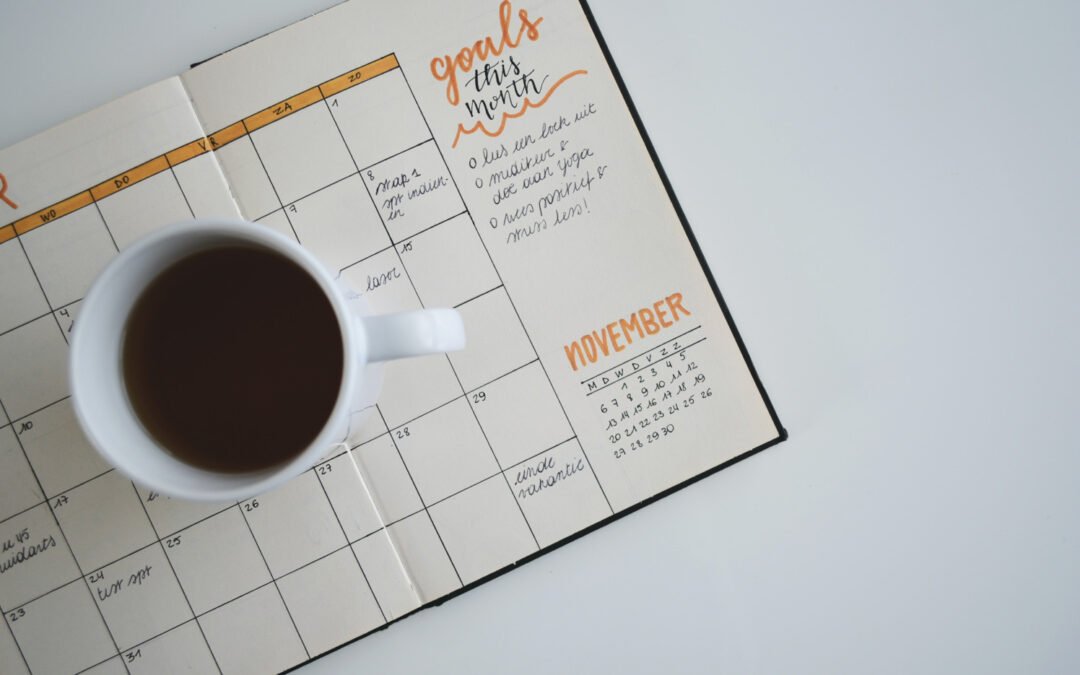What about talking about something that has yet to take place? Do you use the futur simple or can you use the verb ‘aller’ for everything?
Future proche
The future proche is made with the verb ‘aller’, followed by the infinitive (the whole verb).
You use the futur proche for:
Something that will happen in the near future, without a time limit.
He’s taking the subway. (meaning he will do it in a minute)
> Il va prendre le métro.
Something that will happen soon or in the more distant future with a time setting.
He will arrive in fifteen minutes.
> Il va arriver dans un quart d’heure.
He will retire in 30 years.
> Il va prendre sa retreat dance 30 ans.
Something that started in the present and will continue.
Hurry; it begins.
> Dépêchte-toi, ça va commencer.
Futur simple
You make the futur simple as follows. Step 1: take the whole verb. Step 2: add the following endings after the verb: -ai, -as, -a, -ons, -ez, -ont.
So at commencer: je commencerai, tu commenceras, il commencera, nous commencerons, vous commencerez, ils commenceront.
For verbs that end with an e, you drop the e: réduire> nous réduirons.
With irregular verbs you do not use the entire verb, but a separate form that you learn best by heart. The exits are the same.
For future events. Usually you also hear in Dutch that you want to use the verb ‘will’.
He will leave at 9am.
> Il partira à 9 hours.
Il will wait for you at the fountain.
> Je t’attendrai près de la fontaine.
For two simultaneous actions in the future.
You will speak French when you are in France.
> Tu parleras français quand tu seras en France.
For a future action that takes place after the future main action.
Tonight I’ll tell you why I’m going to work in Paris.
> Ce soir je t’expliquerai pourquoi je vais travailler à Paris.
In written language, where you would rather use the futur proche in spoken language:
I’m not coming.
> Je ne viendrai pas.






